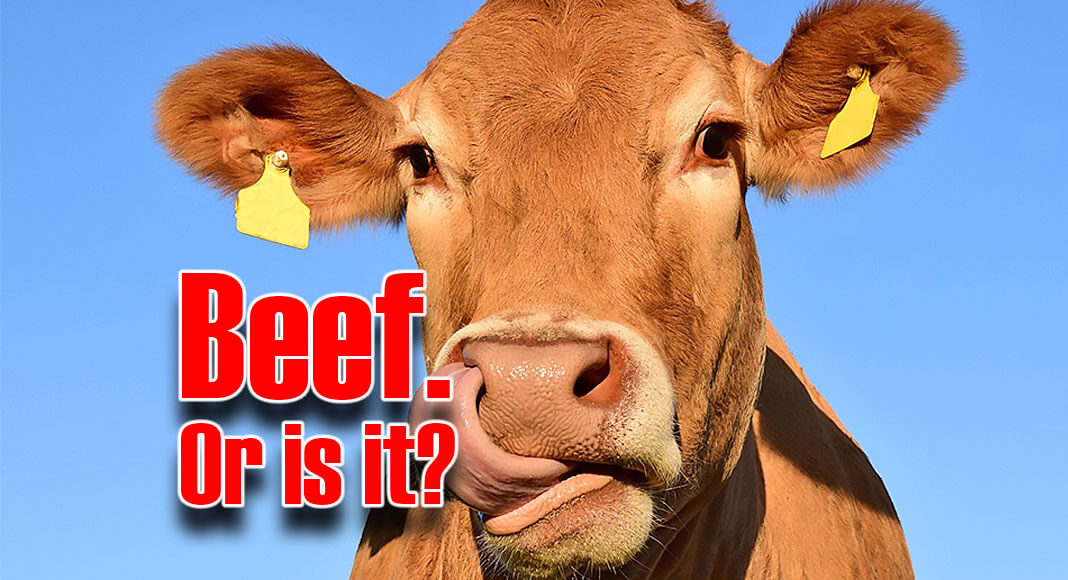
Texas Border Business
By Hughes Abell, Texas & Southwestern Cattle Raisers Association president
One day in the not-too-distant future, you may walk into your local supermarket and next to the ground beef, you will see something different. It will look like ground beef, and it might even say “ground beef” on the label, but somewhere in impossibly small type, it will also say “cultured.”
However, this new product will not be the same beef we have all come to know and love since humankind domesticated cattle some 10,500 years ago. No, this so-called meat is made in a laboratory, just like Frankenstein. The scary part about this story, though, is that it’s real.
In 2013, European scientists created the first lab-grown burger, cultured in a petri dish from fetal bovine serum. That first burger cost about $300,000 to produce. Today the cost is approximately $11 per burger, and numerous companies are preparing to sell these lab-grown products to American consumers.
The Franken-burger is coming, and we must act now to protect consumer confidence and ensure a level playing field.
The sellers of plant-based meats have already demonstrated their willingness to use prominent cattle images and terms like meat and beef on their packaging to lure unsuspecting consumers. Not surprisingly, the companies creating lab-grown products, academic elitists and the usual critics of animal agriculture are already arguing they should be allowed to use common meat terms to label their products, too.
How these new products are labeled will be critical. Otherwise, you’ll be in the supermarket with a magnifying glass trying to read the fine print to figure out if you’re buying lab-grown meat that you don’t want.
It’s also important for cattle producers. Should there be a food safety issue with lab-grown products, it must be distinguishable from the natural beef humans have safely consumed for millennia.
In 2019, USDA’s Food Safety and Inspection Service and the Food and Drug Administration signed an agreement to jointly oversee these products, which they currently refer to as “comprised of or containing cultured animal cells.” Under the agreement, USDA will be responsible for how the products are labeled.
Texas & Southwestern Cattle Raisers Association recently submitted comments to the agency on behalf of cattle producers and consumers, calling for lab-grown products to be clearly labeled and differentiated from natural beef.
These products should be prominently labeled with a term like “lab-grown” to ensure consumers both recognize and understand what the product is. For the same reason, they should refrain from using words like “beef,” which consumers have come to trust as defining a wholesome, natural product.
Because independent scientists have not yet analyzed lab-grown products to determine their compositional and nutritional properties, it will be imperative to do so before they are publicly available and include any such differences prominently on the label, as well.
Texas & Southwestern Cattle Raisers Association will continue to fight for accurate and understandable labeling of both lab-grown and plant-based products. I hope you’ll join in the fight so we can preserve the integrity of real, natural beef for American consumers.















